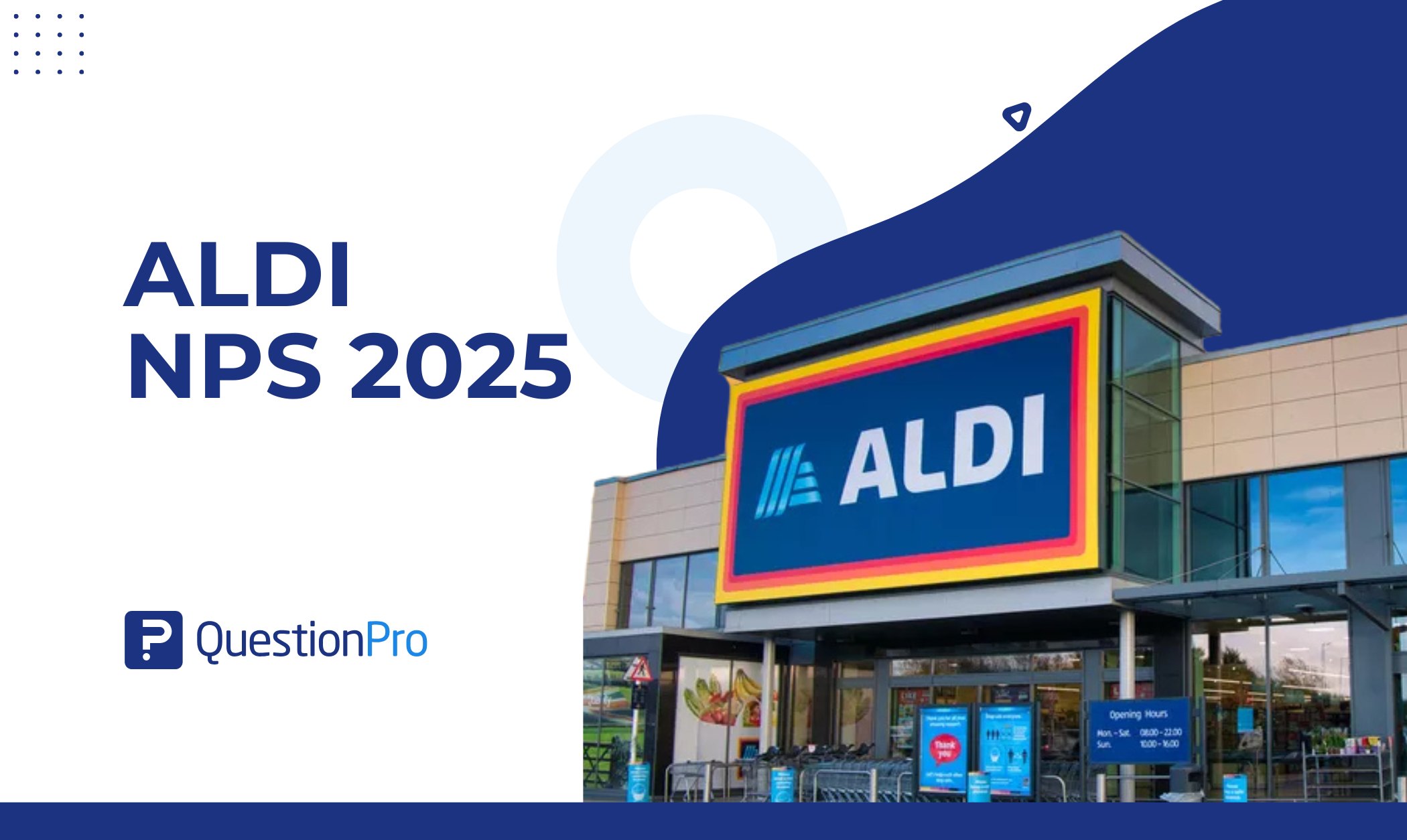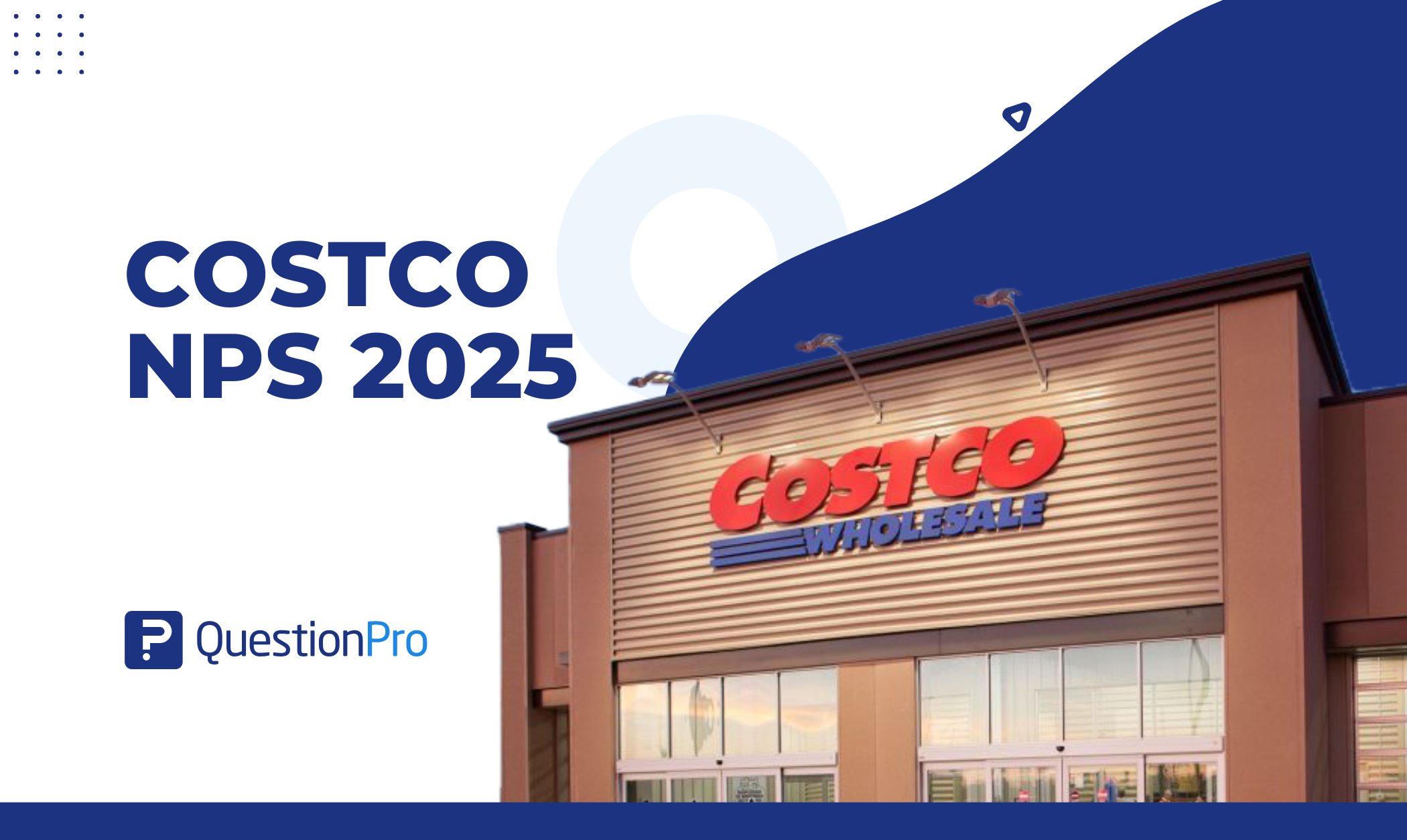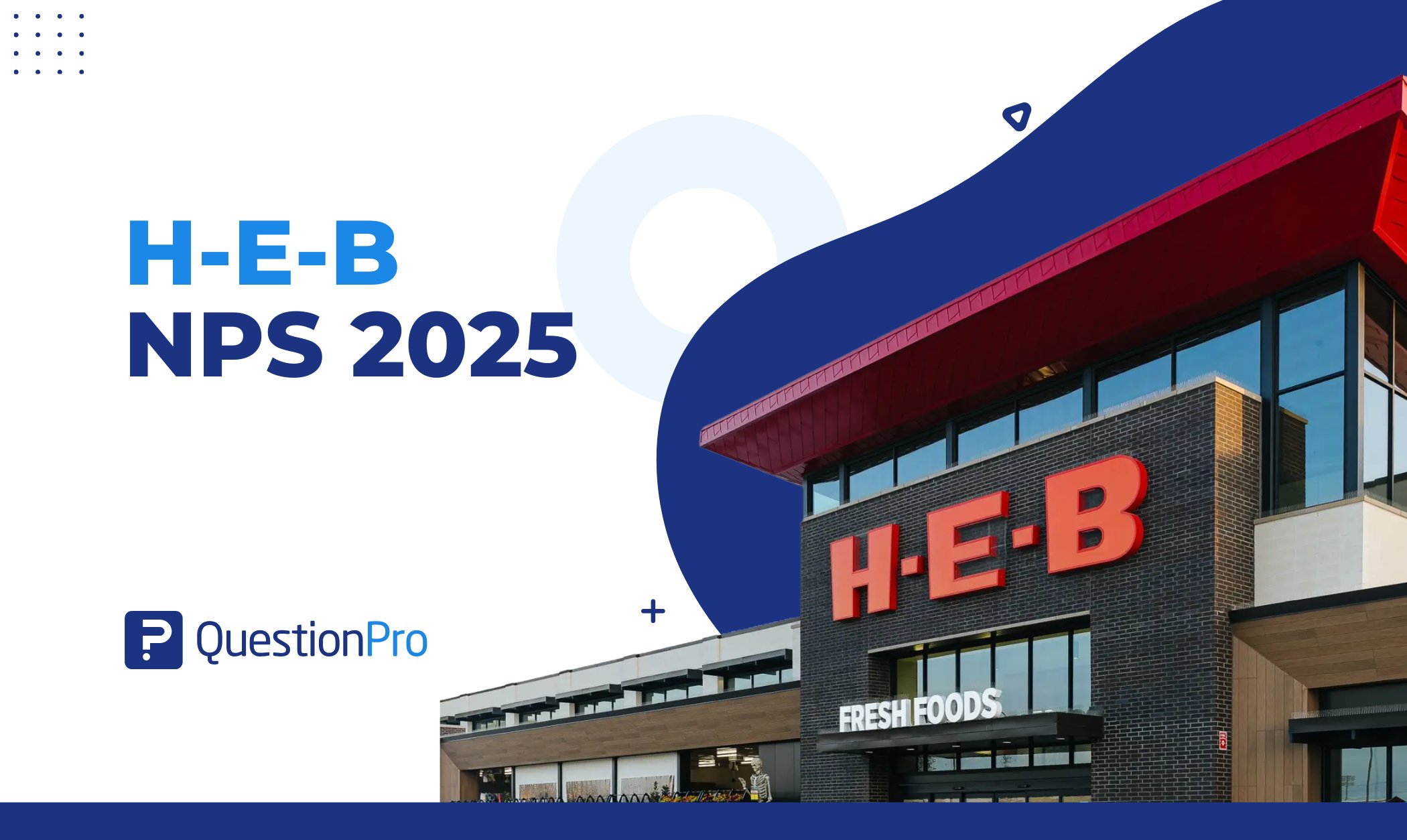You may have a great product or service, but understanding how your brand is perceived in the market is equally important. That’s where a brand tracker comes into play.
A brand health tracker is your business’s loyal companion in the quest for success. It’s not just about charts and graphs; it’s about understanding your audience, fine-tuning your brand, and making informed decisions. So, why should you use a brand tracker? Because in the journey of business, knowledge is power, and a brand tracker is your key to unlocking it.
In this blog, we will explore what a brand tracker is and also discuss the best brand tracking methods that you can utilize in your brand tracking process.
What is a Brand Tracker?
A brand tracker is a tool or system used by businesses to monitor and measure various aspects of their brand’s performance and perception over time.
It helps companies assess their brand’s performance in the market and how their target audience perceives it. The data collected through brand tracking is valuable for making informed business decisions and developing effective marketing strategies.
Brand tracking can be done through surveys, interviews, social media monitoring, online reviews, and other data collection methods. It provides businesses with valuable insights to refine their brand strategy, improve customer relations, and stay competitive in the market.
Why You Should Use Brand Tracker?
Understanding and managing your brand’s health and image is crucial for sustained success. A powerful tool that can help you track your brand performance is a tracker. Let’s explore why you should utilize a brand tracker in your business strategy.
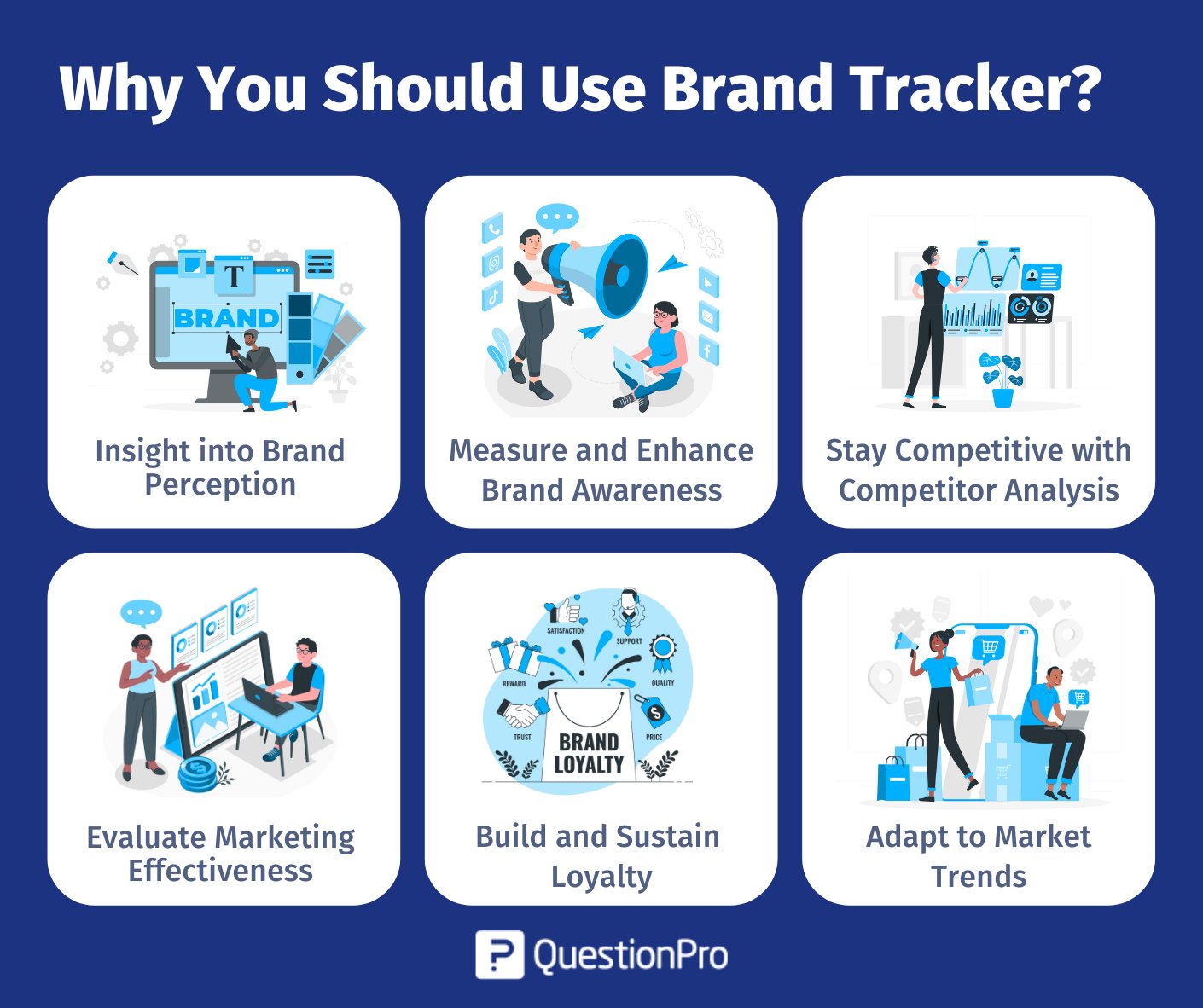
Insight into Brand Perception
A brand is not just a logo or a product; it’s an experience. A brand tracker allows you to tap into the collective consciousness of your audience, providing invaluable insights into how your brand is perceived. Understanding these perceptions is the first step towards shaping a brand image that resonates with your target audience.
Measure and Enhance Brand Awareness
Building a successful brand starts with being noticed. A brand tracker quantifies your brand’s visibility in the market. It offers a clear picture of its awareness levels. With this data, you can fine-tune your marketing strategies to increase visibility and ensure that your brand is at the forefront of consumers’ minds.
Stay Competitive with Competitor Analysis
In the business arena, knowledge about your competitors is power. A brand tracker provides a window into the brand strategies and positioning of your competitors. By understanding the competitive landscape, you can identify opportunities, refine your own approach, and stay one step ahead in the race for consumer attention.
Evaluate Marketing Effectiveness
Marketing is an investment; like any investment, it should yield returns. A brand tracker helps you evaluate the effectiveness of your marketing campaigns. By tracking key metrics, you can identify which strategies are driving results. It enables you to optimize your marketing spending and maximize impact.
Build and Sustain Loyalty
Customer loyalty is the bedrock of a thriving business. A brand tracker enables you to understand customer satisfaction and loyalty over time. You can create long-term relationships by identifying pain points and addressing customer concerns, turning satisfied customers into loyal brand advocates.
Adapt to Market Trends
Markets evolve, and so should your brand. A brand tracker keeps you attuned to shifts in consumer behavior, emerging trends, and market dynamics. With the help of this knowledge, you can adapt your brand strategy to stay relevant, meet evolving consumer needs, and capitalize on new opportunities.
Why Brand Tracking Matters?
Overall, brand health tracking should be a regular practice. Conducting brand tracking studies at consistent intervals, such as quarterly, provides a comprehensive view of key metrics over time. Here are some key reasons why brand tracking matters:
- Performance Evaluation: Brand tracking allows businesses to assess their brand’s performance over time. Monitoring key performance indicators (KPIs) such as brand awareness, perception, and loyalty helps companies understand how well their brand resonates with the target audience.
- Customer Feedback and Satisfaction: Brand tracking provides a platform for collecting and analyzing customer feedback. Monitoring customer satisfaction and sentiment helps companies identify areas for improvement, address customer concerns, and enhance overall brand experience.
- Market Trends and Changes: Tracking the brand in the context of market trends and changes is essential for adapting to evolving consumer preferences and industry dynamics. This enables businesses to stay agile, respond to emerging opportunities, and proactively address challenges.
- Advertising Effectiveness: Brands invest heavily in advertising to build awareness and drive consumer engagement. Brand tracking helps assess advertising campaign effectiveness by measuring brand metrics changes before, during, and after promotional activities.
- Brand Equity Management: Brand tracking is instrumental in managing and building brand equity. It helps organizations understand the factors contributing to brand strength and identify opportunities for enhancing brand value in the eyes of consumers.
- Strategic Decision-Making: Informed decision-making relies on accurate and up-to-date information. Brand tracking data aids in making strategic decisions related to marketing strategies, product development, and overall brand positioning in the market.
- Risk Management: Brands face various risks, such as negative publicity, changing market conditions, or shifts in consumer sentiment. Brand tracking helps businesses identify potential risks early on, allowing them to proactively manage and mitigate potential damage to the brand.
Key Metrics to Track Your Brand
Whether you’re a small startup or a well-established company, understanding key metrics is essential for steering your brand toward success. Let’s explore the simple yet crucial metrics that can help you navigate the path to brand prosperity.
Net Promoter Score (NPS)
- What it Measures: NPS understands customer advocacy. It quantifies the likelihood of customers becoming vocal advocates spreading positive word-of-mouth about your brand. A high NPS ensures a satisfied and loyal customer base. It acts as a potent driver for brand growth.
- How to Measure: On a scale of 0-10, ask: “How likely are you to recommend [brand] to your family and friends?”
2. Brand Loyalty
- What it Measures: It measures customers’ emotional connection with your brand. Brand loyalty explores the depth of customer commitment. It also tracks their choice to choose your products or services repeatedly. A high brand loyalty score indicates satisfied customers who not only return but become your brand ambassadors.
- How to Measure: Ask the question: “How likely are you to purchase [product or service] from us again?” to uncover the depth of customer commitment.
3. Brand Awareness
- What it Measures: Brand awareness assesses how well consumers recognize and recall your brand. Strong brand awareness is the foundation for brand success. Brand recall ensures your presence in the consumer’s consideration set.
- How to Measure: Use questions with hints to see if people recognize your brand (aided awareness), and also ask without any hints to see if they remember your brand on their own (unaided awareness).
4. Brand Associations
- What it Measures: A brand association measures the thoughts and emotions consumers associate with your brand. Understanding these associations allows you to align your brand image with your desired identity. It ensures your brand is perceived in the way you intend.
- How to Measure: Discover valuable information by collecting comments and opinions from people in an open-ended way. Ask questions like:
What negative associations do you have with [brand]?
5. Brand Preference
- What it Measures: It is a measure of how often consumers choose your brand over competitors. A high brand preference indicates that your brand stands out in a crowded market. It also offers unique value that resonates with consumers.
- How to Measure: Explore tick boxes and ask: “Tick which product of our brand you prefer to buy?”
6. Brand Usage
- What it Measures: Brand usage tracks how often consumers choose your brand over others in their regular purchasing habits. This metric provides insights into your brand’s practical relevance in the lives of consumers.
- How to Measure: Present tick boxes and ask: “Select the brand from the following you buy or use regularly.”
7. Brand Purchase
- What it Measures: Brand purchase is a straightforward metric that identifies individuals who have made a purchase from your brand. Recognizing and understanding this group allows you to tailor strategies to retain their loyalty and encourage repeat business.
- How to Measure: Simply ask: “Have you purchased [product] from [our brand] before?”
How to Track Your Brand With Survey Method?
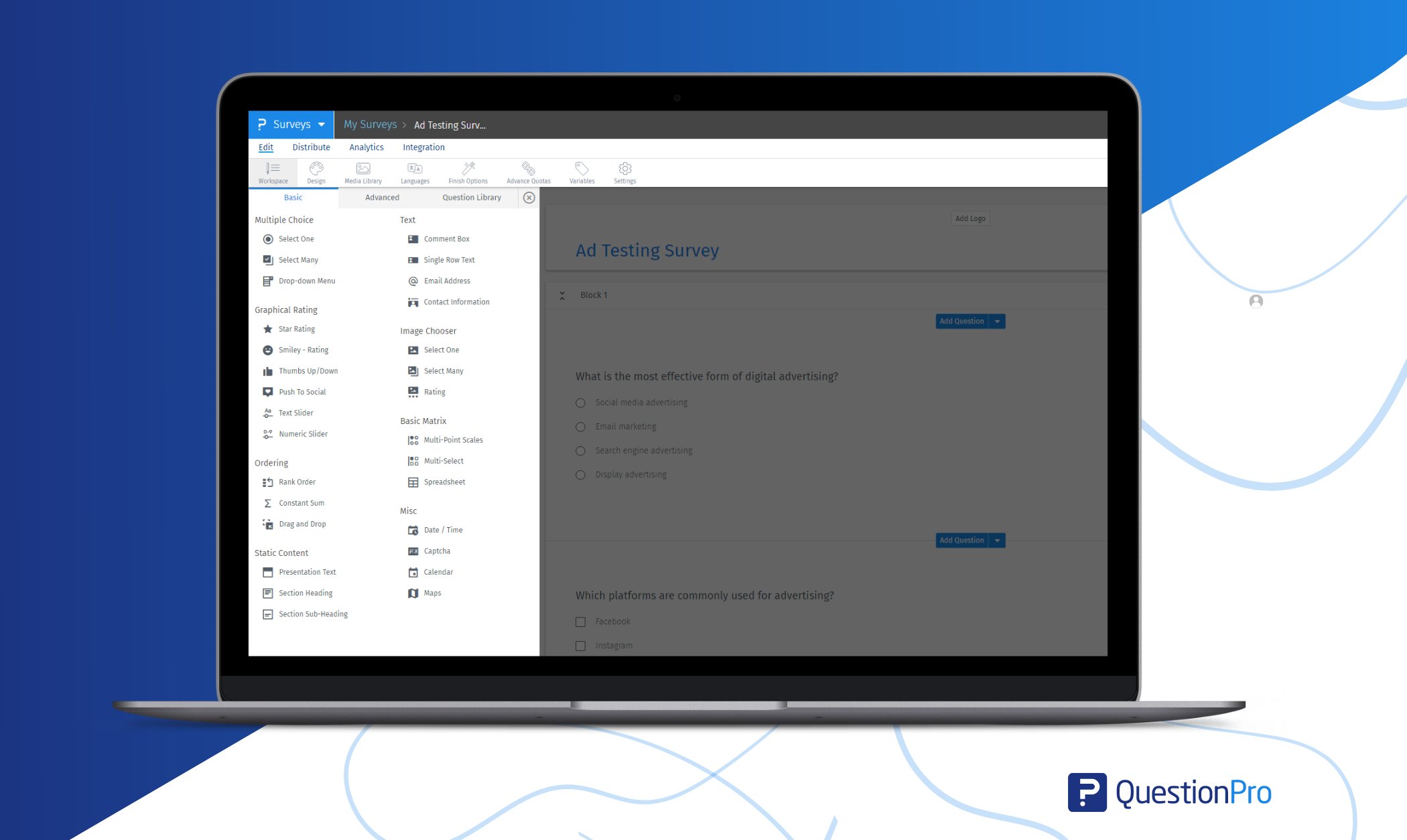
Keeping a finger on the pulse of your brand is crucial for sustained success. One effective and versatile method for this task is a brand tracking study. Here, we’ll explore the practical steps to utilize the survey method and gain valuable insights into how your brand is perceived.
Define Your Brand Tracking Objectives
Begin by clearly outlining your brand tracking goals. Start your brand tracking research by identifying the specific aspects you want to measure, whether it’s brand awareness, customer satisfaction, or perceptions. Defining objectives provides a roadmap for creating purposeful survey questions.
Design Thoughtful and Targeted Questions
Create questions that align with your defined objectives. Keep them clear, concise, and tailored to your target audience. Thoughtful questions generate more meaningful responses. It provides valuable data for a comprehensive brand assessment.
Identify Your Target Audience
Pinpointing the right audience for your survey is important. Ensure that the participants mirror your customer base or the demographic you are aiming to understand better. Tailor your questions to resonate with their experiences and expectations.
Leverage Rating Scales
Incorporate rating scales, such as a numerical or Likert scale, to quantify opinions. This provides a structured approach to measuring customer satisfaction, brand equity, brand loyalty, and other key quantitative metrics. Rating scales simplify the analysis, making it easier to track changes over time.
Balance with Open-Ended Questions
While numerical ratings offer quantitative insights, don’t underestimate the power of open-ended questions. These provide a platform for participants to express their thoughts freely, offering qualitative depth and uncovering nuances that quantitative data may miss.
Establish a Regular Survey Schedule
Consistency is key in brand tracking. Establish a regular survey schedule, whether quarterly, semi-annually, or annually. This periodicity allows you to track changes, assess the impact of marketing efforts, and adapt your brand positioning to evolving market share and trends.
Optimize the Process with Online Survey Tools
Embrace technology to streamline your brand tracking efforts. Online survey tools, like QuestionPro, offer user-friendly interfaces for survey creation, distribution, and analysis. This tool enhances efficiency and accessibility for both you and your respondents.
Ensure Anonymity for Honest Feedback
Encourage honest and candid feedback by assuring respondents of their anonymity. When participants feel their responses are confidential, they are more likely to share genuine opinions. It offers you a more accurate representation of your brand’s strengths and areas for improvement.
Iterate and Refine Based on Survey Insights
The real strength of using a brand tracking survey to track your brand is that it can help you improve over time.
After collecting insights from the surveys, you can make changes to your brand strategy, adjust how you market, and fix any issues you find. By always learning and making improvements based on what people say in the surveys, your brand can stay flexible and stay connected with your audience.
Explore QuestionPro as Your Brand Tracker
Understanding and enhancing your brand requires effective brand tracking tools, and QuestionPro stands out as one of the reliable custom brand tracking companies. Here’s a simple guide on exploring and utilizing QuestionPro to gain valuable insights into your brand.
1. Versatile Survey Creation: QuestionPro allows you to design custom surveys with various question types to gather specific insights about your brand. Whether you want to measure customer satisfaction, brand loyalty, or overall brand perception, the platform provides the flexibility to tailor your surveys accordingly.
2. Real-time Data Analysis: QuestionPro offers real-time data analysis, enabling you to monitor key brand tracking metrics as they evolve. This feature is particularly beneficial when responding to market trends or addressing potential issues before they escalate.
3. Multi-Channel Feedback Collection: Understanding your brand’s perception requires insights from various touchpoints. QuestionPro allows you to collect feedback through multiple channels, including email, social media, and your website. This holistic approach ensures that you capture a diverse range of opinions and experiences related to your brand.
4. Competitive Benchmarking: Staying ahead in the market involves knowing how your brand compares to competitors. QuestionPro’s competitive benchmarking feature lets you measure your brand performance against industry standards. It helps you identify areas for improvement and capitalize on your strengths.
5. Actionable Insights with Reporting: QuestionPro’s reporting tools help you make sense of the collected data, presenting it in easy-to-understand visualizations. This empowers you to make informed decisions that positively impact your brand strategy.
6. Trend Analysis: Tracking your brand over time is essential for identifying trends. QuestionPro enables you to analyze trends in customer perception, allowing you to spot patterns and make strategic decisions to enhance your brand’s standing in the market.
Conclusion
Knowing how people see your brand is like having a reliable map. Brand tracking is your compass, helping you make smart decisions and keep your customers happy. With tools like online surveys from QuestionPro, the path becomes clearer.
Choosing QuestionPro means getting an easy-to-use tool. You can customize surveys to fit your needs, reach people through different channels, and see real-time results. It’s like having a navigator for your brand’s success.
So, set sail with QuestionPro and make your brand journey smoother. Your business compass is ready; let’s navigate toward a stronger and happier brand!
Frequently Asked Questions (FAQ)
Brand tracking helps businesses measure brand awareness, customer sentiment, and competitive positioning, enabling strategic decision-making for brand enhancement.
Metrics include brand awareness, brand recall, customer satisfaction, Net Promoter Score (NPS), and competitive benchmarks.
Frequency depends on business goals, but it’s common to conduct brand tracking quarterly, semi-annually, or annually for consistent insights.




